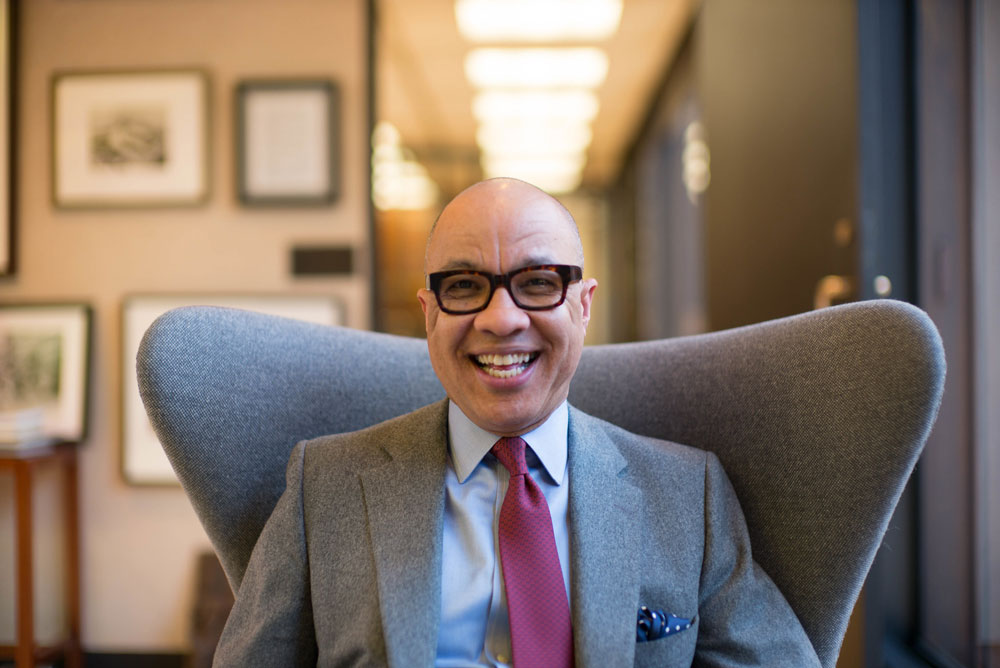
January 8, 2020; Washington Post
As the National Gallery of Art in Washington, DC, welcomes its newest board member, Darren Walker, president of the Ford Foundation, it racks up some “firsts” for the museum. Astonishingly, Walker will be the first African American to serve on this board, and its first openly gay trustee. Walker also brings a long background of working for the arts and social justice, including his involvement in the “grand bargain,” which used philanthropic funds to limit workers’ pension cuts and preserve the collection of the Detroit Institute of the Arts, helping the city emerge from bankruptcy.
Walker will bring an interesting perspective to the nine-member National Gallery board, four of whom are ex-officio positions, including the chief justice of the Supreme Court and the secretaries of the Treasury and State departments. Interesting bedfellows for this board and this institution.
There is a logic behind Walker’s acceptance of this board position. “Because it’s free,” he said, “the museum represents all that is great and noble and aspirational about America. The collection, the range of work, the diversity of work, its placement in Washington.”
For someone raised by a single mother in Texas, and one of the first participants in the then-experimental Head Start program, Walker’s views of the arts seems to be wrapped in his views of equity and social justice, access, opportunity, fairness and dignity. As Philip Kennicott writes for the Washington Post.
Sign up for our free newsletters
Subscribe to NPQ's newsletters to have our top stories delivered directly to your inbox.
By signing up, you agree to our privacy policy and terms of use, and to receive messages from NPQ and our partners.
He’s lived his life deeply in the arts, with a sense of awe of its power and a personal gratitude for helping him transform “the violence, the dysfunction, the deprivation” of his Texas childhood into a lifelong mission in philanthropy. But he also expresses an urgent concern for how the arts are distributed in America—who can afford to attend performances and exhibitions, where they are located and, most important, who are the gatekeepers who decide what is exhibited, performed, and acknowledged as art.
As the head of the Ford Foundation, Darren Walker has been able to mold a position where he can direct his passion for social justice and his sense that art and equity are linked. He has reinvested foundation funds in art by living artists, including women and people of color, and he sees art as critical to the vitality of democracy in America.
Last year, Walker released From Generosity to Justice: A New Gospel of Wealth. The book challenges philanthropists to address the root causes of social ills, including injustice and economic inequity. But it also includes an argument about the essential role the arts play in that struggle.
Those who know him say that Walker will take his time and get to know and understand the organization before he takes anything on. “He’ll come in to learn, first and foremost,” said Clive Gillinson, executive director of Carnegie Hall, where Walker also serves on the board. And that kind of patience and study may serve the institution and the arts community well. But as Walker himself said, “I truly believe that the arts allow us to see the humanity of other people, and only then can we imagine a more just world. If we want a more just society, we’ve got to have a more empathetic society.”
Will Walker in his new role bring change to the National Gallery of Art and to the arts world writ large? Only time will tell.—Carole Levine













